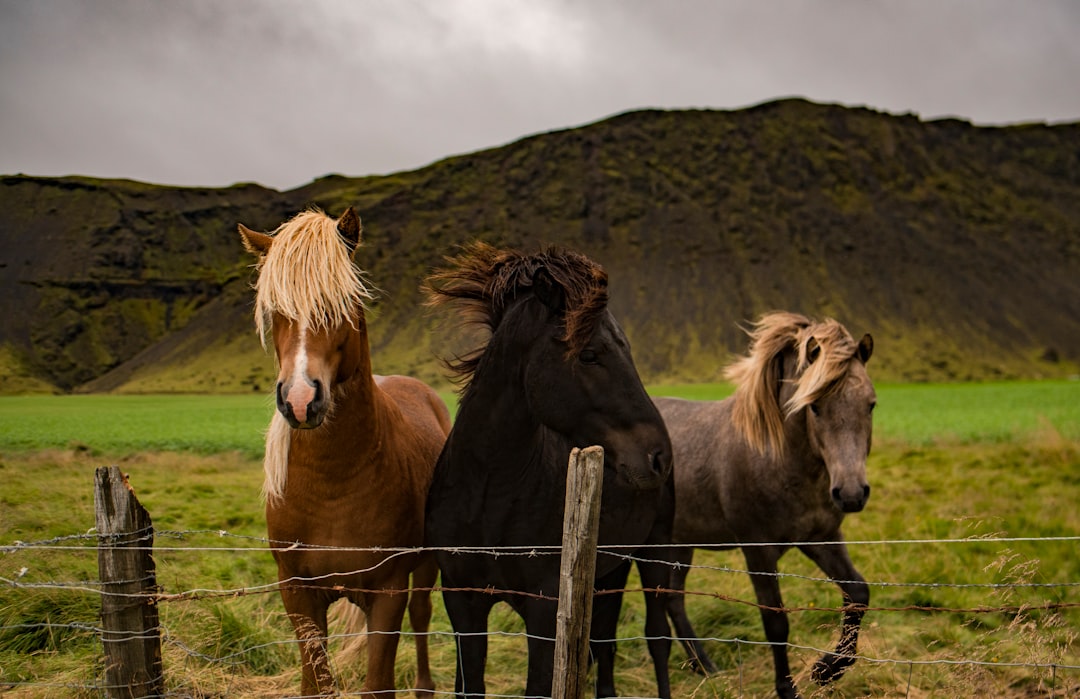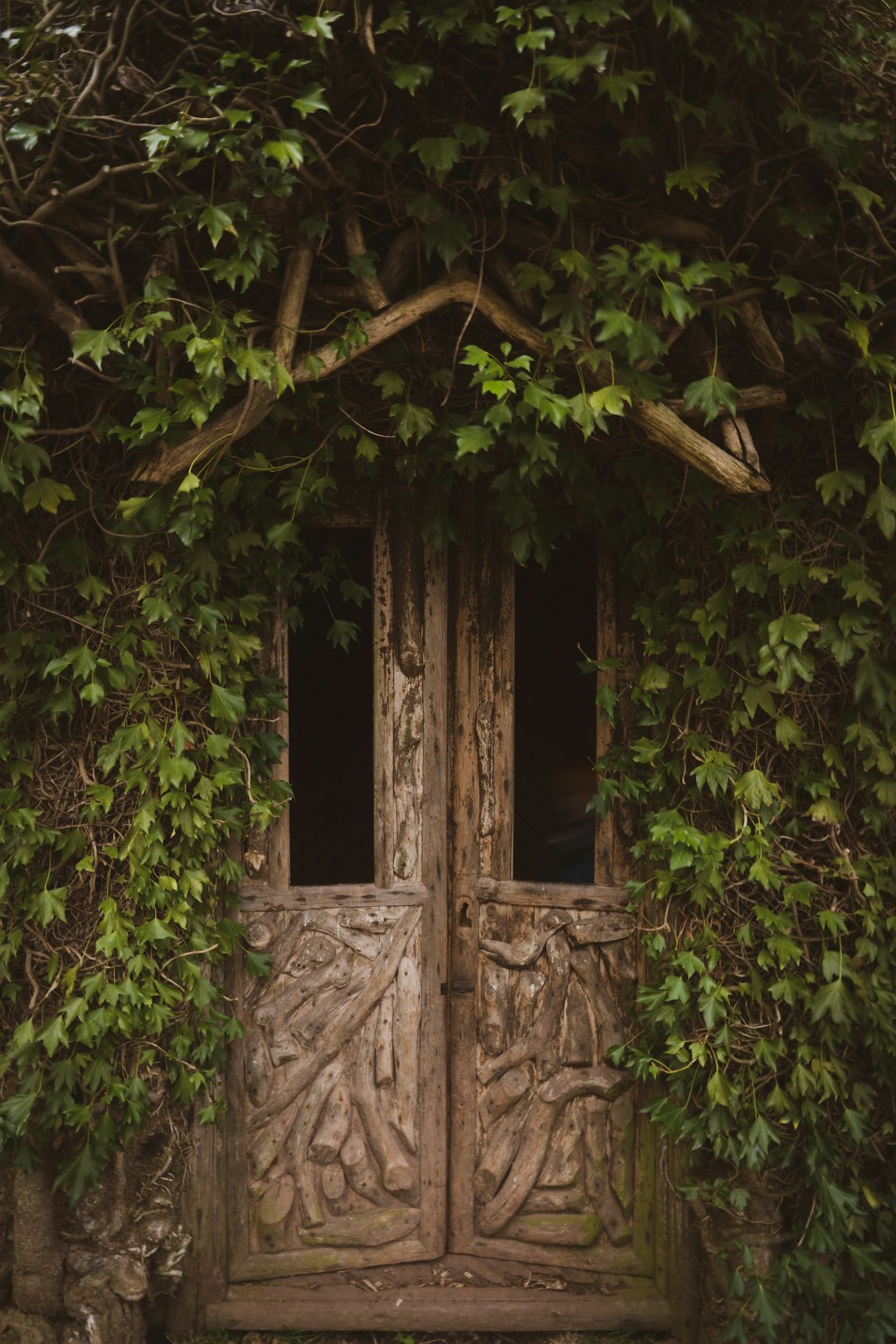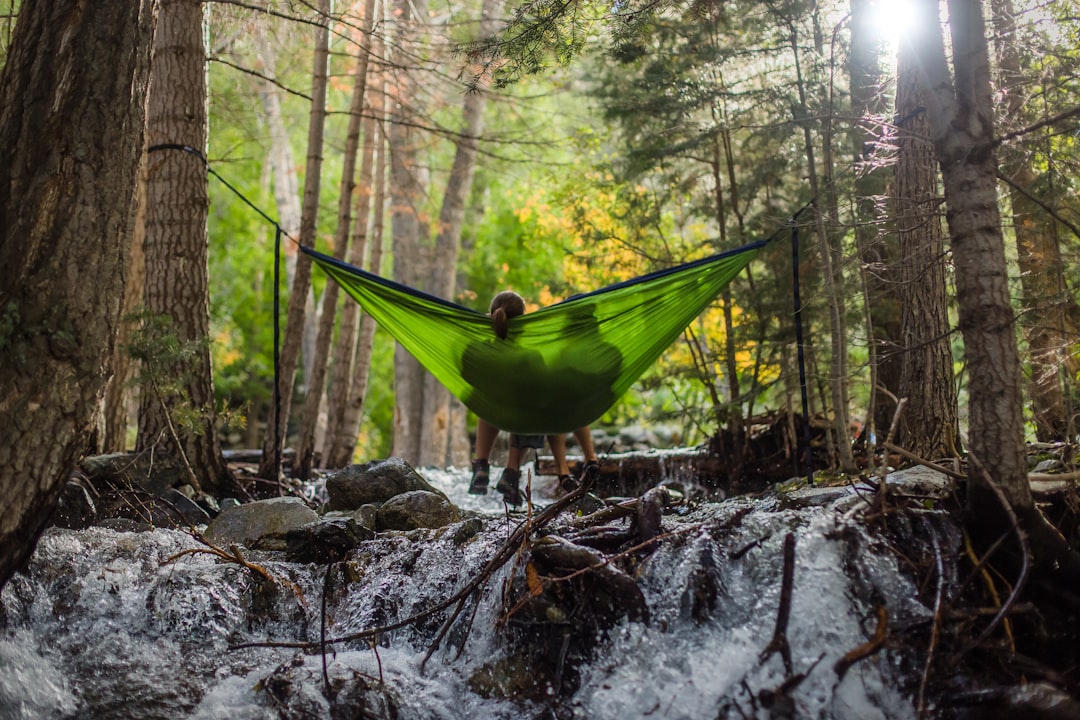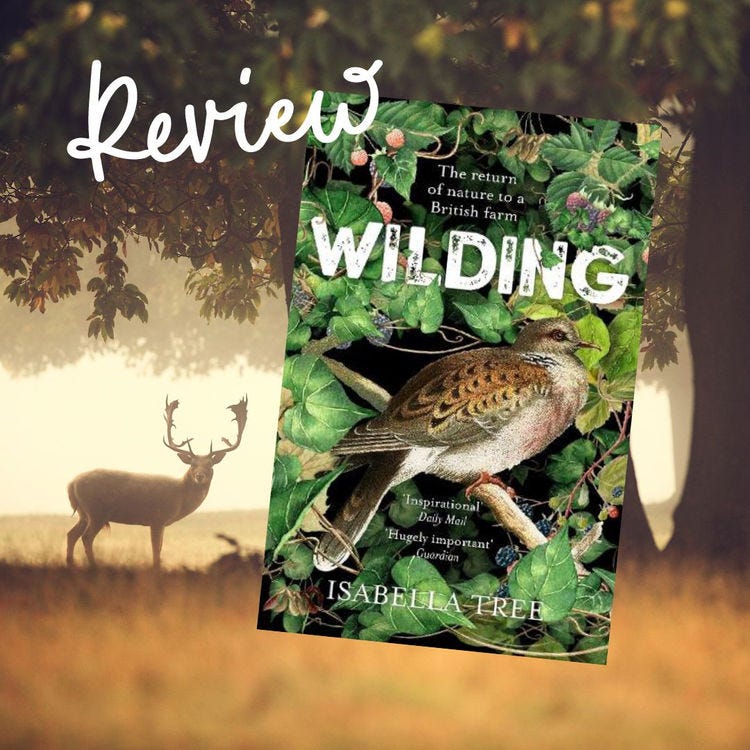Next up on my Borrowbox list is Wilding by Isabella Tree. This has not technically been on my TBR list, however it was in my peripheral as something I would like to read and when I saw it on Borrowbox it was the perfect excuse. At 12 hours of audio , this book kept me going on the commute for several weeks.
First off, Isabella Tree reads this book herself and she has a very pleasant and calming voice. It verges on soporific though so do take care if you are driving!
The book talks about Isabella and her husband Charlie's twenty plus year project to wild areas of their estate in West Sussex. The Knepp Estate, was inherited by Charlie and the family were farming the land as a dairy farm. In the nineties they had an epiphany which drew their attention to the mountain of debt they had and the accounts which were not balancing. This coincided with the availability of government funding for allowing some fields to lay fallow and invest in spaces for nature. The rest, as they say, is history.
My summary above is a very simplified version of what happened, but overall my feeling was that for the Burrell/Tree family there was an awful lot of being in the right place at the right time, having the right contacts and the ability to make choices that perhaps other landowners/farmers are not able to make. It's a well written, well researched book which I learnt so much from and I take my hat off to Charlie and Isabella, as it has by no means been plain sailing for them, even if they have had some clear advantages.

The book raises some very good points, makes sound scientific arguments and clearly explains why projects like this one are vital for the continuation of the planet never mind the preservation of our countryside. However, for me, it does ooze privilege and at times is trite and even, dare I say it, over simplistic. I agree it would be amazing if we all farms could be Knepp and still produce enough food for the population, but resources and, face it, land share, are far from equal in the UK.

What I am trying to say, in a rambling and clumsy way, is that the farming techniques that work with nature, demonstrated at Knepp are absolutely essential for the continuation of the human race but what I feel the book does not properly acknowledge is that the resources required to do this, both financial and physical are huge and we need policy that supports this change to make it viable.
Knepp makes some of its money from eco-tourism, which I also find hard to reconcile within myself. If there were overall more policies to support nature and land management working together, for example wild field margins, green bridges and nature corridors, as well an overall will to reduce consumption and emissions, then surely we wouldn't need to pay to access nature. It would be right there on our doorsteps.

It is wonderful that there are places like Knepp and that they are trying to create a better world for all of us, and yes they do need to fund themselves in one way or another or they will cease to exist, but until population growth and food production processes are tackled head on, as urgent issues that absolutely must be addressed, unless we recognise that this is about nature's rights because nature is intrinsically linked to human rights, then spaces for nature will continue to be a controversial issue in a world that is stuck in consuming monoculture and excess.
Overall this book is an example of what can be done with enough resources, contacts and land but it is by no means a solution to the climate crisis. In my opinion we need a multi faceted approach to the climate crisis, as we can not just wild ourselves out of this problem as there will be many, often those the most in need, who will suffer if we do. But it is something we must seek a compromise and a solution for before we no longer have the pollinators, mega fauna and wild spaces that are so vital for our survival.
In short we need policies that preserve, protect and promote nature as a neighbour crucial to our wellbeing, not as a token patch of land we can visit to convince ourselves that we still respect nature.
Have you read Wilding by Isabella Tree? I'd love to know what you thought. Let me know in the comments below.
Please note: All opinions expressed in this review are entirely my own.






